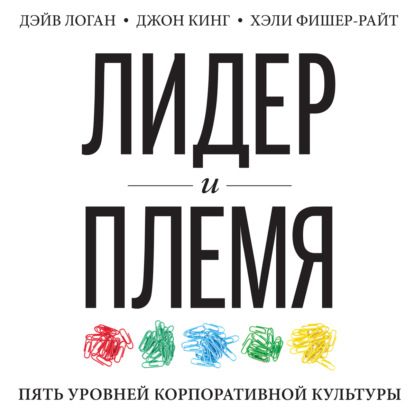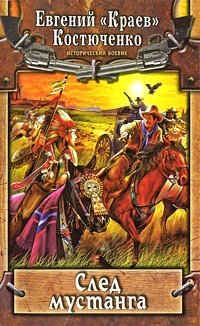Excerpt from Cloister and the Hearth
Though the opening of "The Cloister And the Hearth" resembles a former story by the same author, it must not be confounded with it. As a complete work, four times the size, it incorporates the fragment referred to, which, with an altogether different denouement, was contributed to Once a Week. The present volume, therefore, while beginning with the previous book, soon changes in its construction, and justifies the second title, "Maid, Wife, And Widow."
Chapter I.
Not a day passes over the earth but men and women of no note do great deeds, speak great words, and suffer noble sorrows. Of these obscure heroes, philosophers, and martyrs, the greater part will never be known till that hour when many that were great shall be small, and the small great; but of others the worlds knowledge may be said to sleep, their lives and characters lie hidden from nations in the annals that record them. The general reader cannot feel them, the are presented so curtly and coldly; they are not like breathing stories appealing to his heart, but little historic hailstones striking him but to glance off his bosom; nor can he understand them, for epitomes are not narratives, as skeletons are.not human figures.
Thus records of prime truths remain a dead letter to plain folk; the writers have left so much to the imagination, and imagination is so rare a gift. Here,. then, the writer of fiction may be of use to the public as an interpreter.
There is a musty chronicle, written in tolerable Latin, and in it a chapter where every sentence holds a fact. Here is told, with haish brevity, the strange history of a pair, who lived untrumpeted and died unsung, four hundred years ago; and lie now as unpitied in that stern page as fossils in a rock. Thus, living or dead, fate is still unjust to them. For if I can but show you what lies below that dry chroniclers words, methinks you will correct the indifference of centuries, and gived those two sore tried souls a place in your heart - for a day.
It was past the middle of the fifteenth century. Louis XI. was sovereign of France; Edward IV. was wrongful king of England; and Philip the Good, having by force and cunning dispossessed his cousin Jacqueline, and broken her heart, reigned undisturbed this many 3 ears in Holland, where our tale begins.
Elias, and Catherine his wife, lived in the little town of Tergou. He traded, wholesale and retail, in cloth, silk, brown holland, and, above 11, in curried leather, a material highly valued by the middling people, because it would stand twenty years wear and turn an ordinary knife - no small virtue in a jerkin of that century, in which folk were so liberal of their steel. Even at dinner a man would leave his meat awhile and carve you his neighbor, on a very moderate difference of opinion.
About the Publisher
Forgotten Books publishes hundreds of thousands of rare and classic books. Find more at www.forgottenbooks.com
This book is a reproduction of an important historical work. Forgotten Books uses state-of-the-art technology to digitally reconstruct the work, preserving the original format whilst repairing imperfections present in the aged copy. In rare cases, an imperfection in the original, such as a blemish or missing page, may be replicated in our edition. We do, however, repair the vast majority of imperfections successfully; any imperfections that remain are intentionally left to preserve the state of such historical works. Это и многое другое вы найдете в книге Cloister and the Hearth (Classic Reprint) (Charles Reade)















